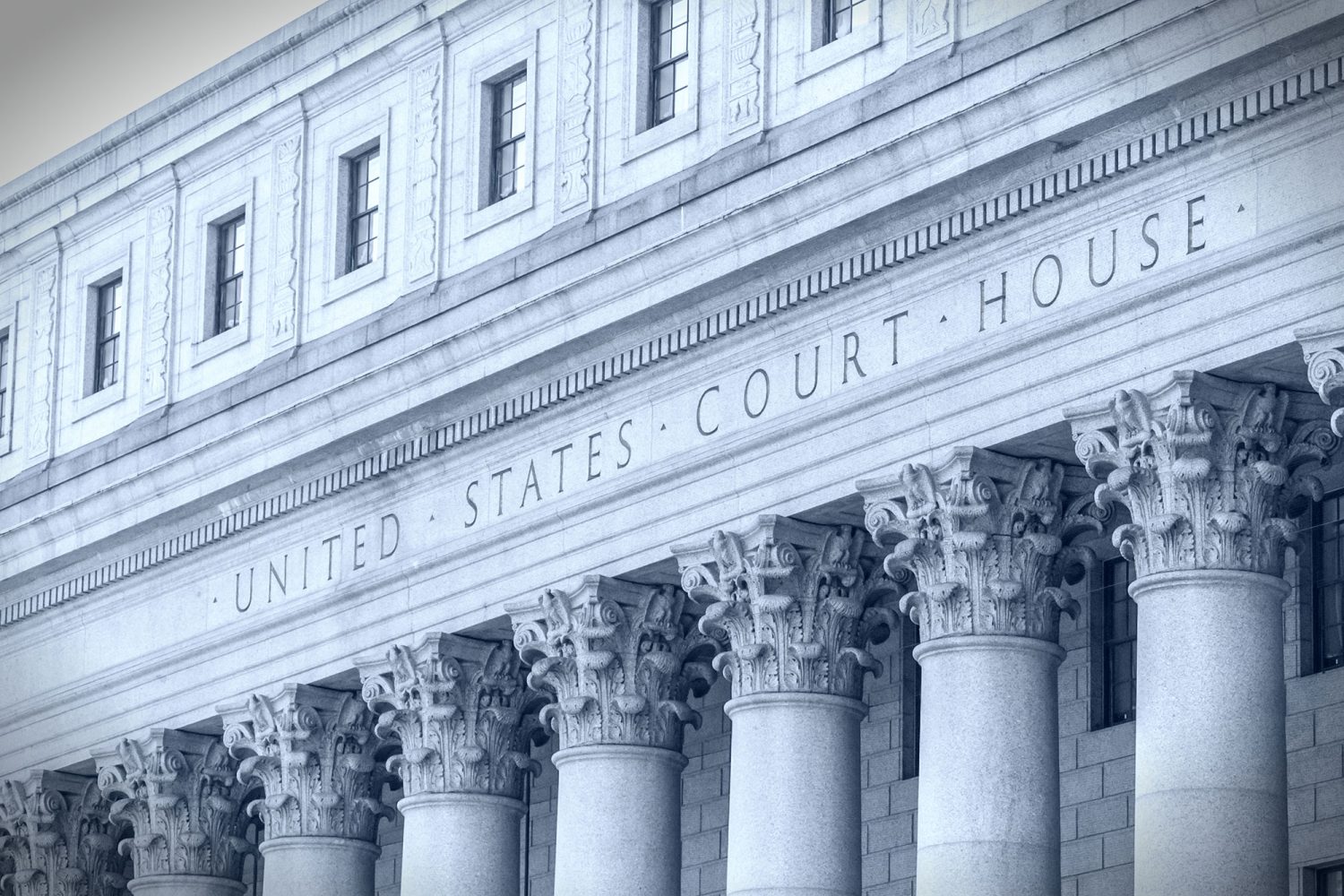Title IX Support: Your School’s Guide to Investigations and Legal Requirements

Defining Title IX
In the realm of education, institutions wield a significant influence in upholding principles of fairness and equality. This guide delves into the intricate world of Title IX, shedding light on its significance, scope, and implications for educational institutions. Understanding Title IX and its legal requirements is essential for fostering an environment that promotes freedom from discrimination. In this blog, we will explore the nuances of this pivotal law and its implications for institutions, empowering you to navigate its complexities with confidence.
Explaining Title IX: Breaking Down the Basics
Unveiling Title IX’s Purpose
At its core, Title IX is a federal law designed to prohibit discrimination based on sex in educational programs and activities. Enacted as part of the Education Amendments of 1972, this landmark legislation seeks to level the playing field, ensuring that no individual is excluded from participation, denied benefits, or subjected to discrimination solely based on their sex. Title IX applies to all educational institutions that receive federal funding, spanning from K-12 schools to colleges and universities.
Understanding Key Provisions
Title IX’s impact extends beyond the confines of the classroom. It encompasses a wide array of areas, including athletics, admissions, recruitment, financial assistance, and more. Schools are required to provide equitable opportunities and resources for both male and female students, ensuring that every facet of the educational experience remains unbiased and inclusive.
Navigating the Investigation Process
In cases where allegations of sex-based discrimination, harassment, or assault arise, schools are mandated to initiate prompt and effective investigations. These investigations must adhere to a fair and impartial process, guaranteeing the rights of all parties involved. From gathering evidence to conducting interviews, schools must demonstrate a commitment to due process while upholding the principles of transparency and accountability.
Several of the cases reviewed address the timeliness of Title IX claims. For example, in Anandaraja v. Icahn Sch. of Med. at Mount Sinai, the court dismissed the plaintiffs’ federal claims under Title IX, Title VII, and the ADEA as untimely. However, the court also discussed the continuing violation doctrine, which can render claims timely even when certain allegations occur outside the statute of limitations period.
Implementing Title IX: A School’s Obligations
Educational institutions have a significant responsibility in complying with Title IX’s mandates. Schools must designate a Title IX coordinator to oversee and facilitate efforts to prevent and address sex-based discrimination. This designated individual plays a pivotal role in coordinating investigations, offering support to affected parties, and ensuring overall compliance with Title IX requirements.
Title IX and Your School: The Path to Compliance
Developing Policies and Procedures
Crafting comprehensive policies and procedures is a cornerstone of Title IX compliance. Schools must establish clear protocols for reporting, investigating, and resolving instances of sex-based discrimination. These guidelines should be easily accessible to all members of the school community, empowering them to take appropriate action when needed.
Prevention and Training
Prevention is paramount. Schools must provide ongoing training to staff, students, and faculty to raise awareness about sex-based discrimination and ways to prevent it. By fostering a culture of respect and inclusivity, educational institutions can mitigate the risk of discrimination and harassment.
Title IX in Action
Imagine a school where every student, regardless of gender, feels safe, valued, and empowered to pursue their dreams. This vision becomes a reality when schools actively implement appropriate Title IX policies and protocols, upholding its principles and striving for a community free from bias and prejudice.
Empowering Schools Through Title IX
After exploring and explaining Title IX, it’s evident that this federal law serves as a powerful tool for shaping educational environments that are inclusive, equitable, and just. By understanding and embracing Title IX, schools can embark on a path of transformation, fostering an atmosphere where every student’s potential is nurtured and discrimination has no place.
Championing Title IX in Your School with Warren Law Group
Are you ready to take the next step in creating a safer and more inclusive educational environment? Explore our comprehensive services and guidance on Title IX support for schools. Contact trusted professionals at Warren Law Group today to learn how we can partner with your institution to navigate investigations, develop policies, and ensure compliance with Title IX. Together, we can create a learning environment where every individual thrives and flourishes, unencumbered by discrimination.
